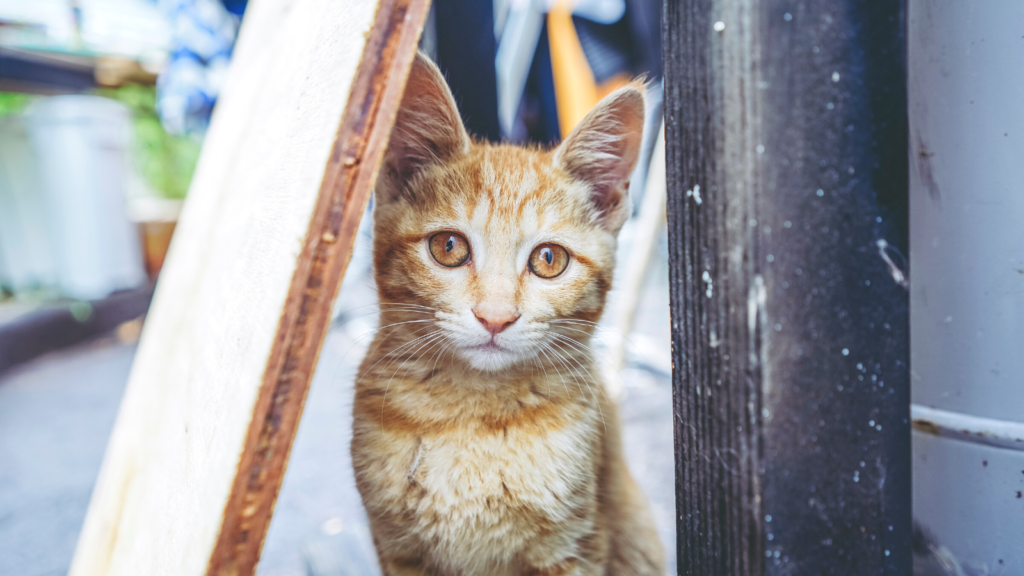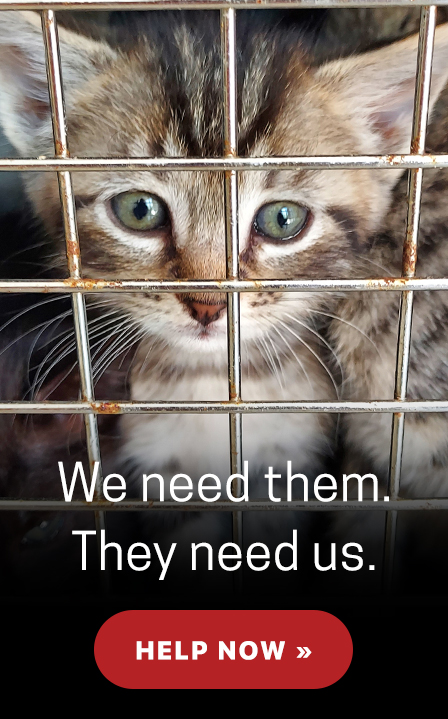The beginning of summer means school vacation, long sunny days, outdoor concerts, picnics and many more fun activities. However, the flip side of the summer coin is the destructive hurricane activity that can plague much of the country.
June marks the start of the Atlantic hurricane season, and forecasters at NOAA’s Climate Prediction Center, a division of the National Weather Service, are predicting above-average hurricane activity once again.
“Hurricanes continue to become more destructive and after last year’s deadly storms, many families were tragically separated from their beloved pets,” said Dr. Robin Ganzert, CEO and president of American Humane. “It’s imperative that you plan accordingly to protect your entire family – pets included.”
Hurricane Ida was one such storm last summer that was disastrous for humans, but just as terrifying and tragic for the local animals. Many innocent animals were separated from their families – leaving them panicked and alone. In response, the American Humane Rescue team deployed to Terrebonne and Lafourche Parishes in Louisiana to care for hundreds of displaced animals in the aftermath of the deadly storm. The goal was to reunite as many animals as possible with their families and loved ones.
In addition to marking the start of the Atlantic hurricane season, June is also National Pet Preparedness Month. It is our duty to protect not only ourselves, but also those who rely on us most – including our pets. In an emergency, every second counts and it’s critical that you are prepared to protect your entire family.
Refer to our critical tips below to prepare for your pets this hurricane season.
Before the storm:
- Microchip pets and/or put a tag on their collar with your name, current address and cellphone number.
- Tie down or anchor outside objects that might fly about and injure someone.
- Bring all pets inside and ensure you have emergency supplies – extra pet food, water and a carrier ready that is large enough for your pet to turn around and lie down comfortably.
- Review your evacuation plan and have at the ready a pet disaster preparedness kit including a pet carrier, First Aid supplies, leashes, bowls, sanitation materials, chew toys and food, meds and water (minimum three days’ worth, but ideally seven to 10 days’ worth).
- If your family must evacuate, take your pets with you and leave as early as you can. Remember to take your pet disaster preparedness kit.
During the storm…. if you cannot evacuate:
- Choose a safe room for riding out the storm—an interior room without windows – and take your entire family there, including your pets.
- Stay with pets. If crated, they depend on you for food and water.
- Keep your emergency kit in that room with you (food, water, litter, meds).
- Know your pets’ hiding places. That is where they may run; keep them with you.
- Secure exits and cat doors so pets cannot escape into the storm.
- Do not tranquilize your pets. They will need their survival instincts should the storm require that.
After the storm:
- Make sure the storm has fully passed before going outside and assess damages before allowing animals out.
- Keep dogs on a leash and cats in a carrier. Displaced objects and fallen trees can disorient pets and sharp debris could harm them.
- Give pets time to become re-oriented. Familiar scents and landmarks may be altered and cause a pet to become confused or lost.
- Keep animals away from downed power lines and water that may be contaminated.
- Uncertainty and change in the environment affect animals, too, presenting new stresses and dangers. Your pet’s behavior may change after a crisis, becoming more aggressive or self-protective. Be sensitive to these changes and keep more room between them, other animals, children or strangers. Animals need comforting, too. Comfort your pet with kind words and lots of pats or hugs. If possible, provide a safe and quiet environment, even if it is not their own home.
Dangerous summer storms are as much a part of the summer season as baseball games and fireworks, and ensuring you have a plan in place that includes your pets will not only help save the lives of our beloved animals but also the lives of owners, volunteers and first-responders.


